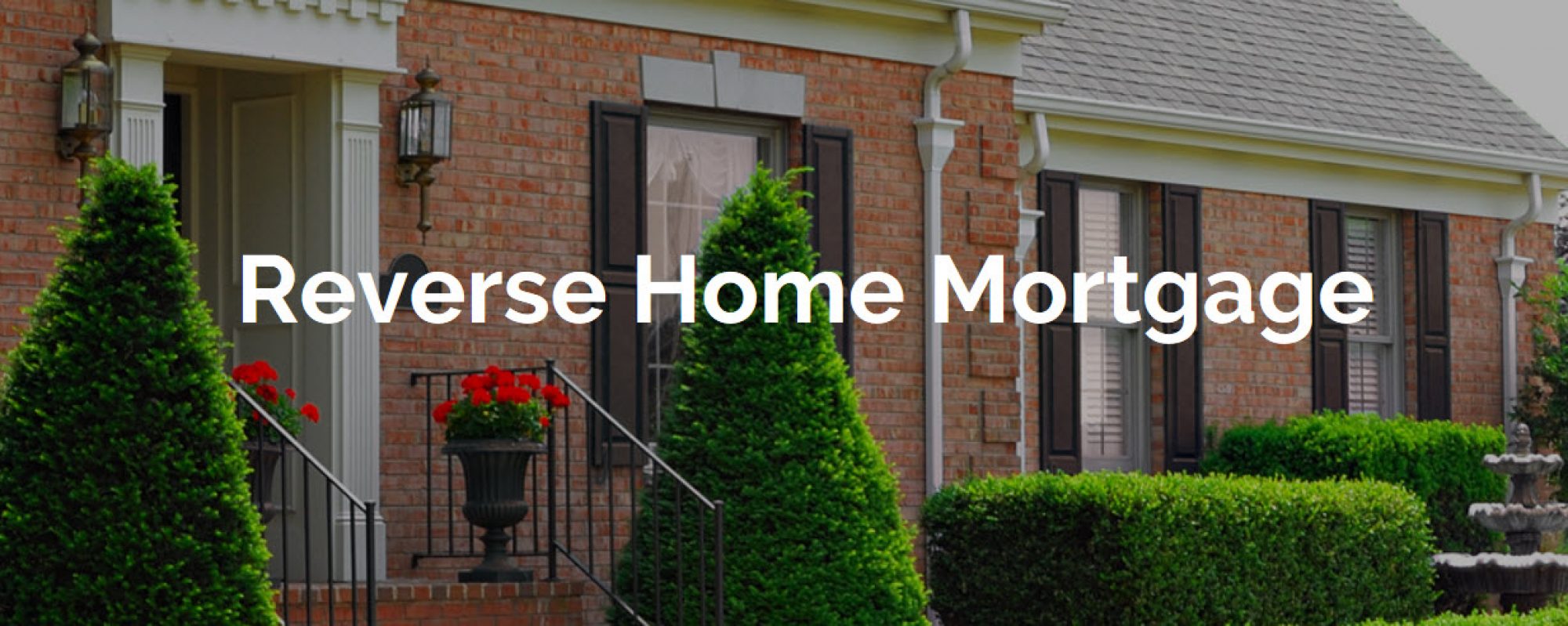Laurie MacNaughton © 2019
His name is Richard, and his question to me was the following: “If my paid-off home is worth $900,000, why do I only qualify for some $220,000 in a lump sum with a reverse mortgage?”
Not only is this a great question, but it’s also a very common one. The answer, however, involves a few basics facts about how a reverse mortgage works.
First, the amount of equity homeowners qualify for is based upon age. More specifically, the loan amount is based upon the age of the youngest homeowner. Second, just like with any other home loan, a reverse mortgage is impacted by interest rates. And third, the amount one qualifies for differs according to the “flavor” of the reverse mortgage the homeowner selects – traditionally there have been two basic types, either a fixed rate or an adjustable rate.
Over the past few months, however, a plethora of other reverse mortgage offerings have come onto market. These loans, sometimes called “jumbo” reverse mortgages, are proving true game-changers for homeowners in higher-valued properties.
Which leads me to my conversation with Richard.
Richard initially enquired about a fixed-rate, FHA-insured reverse mortgage. Until very recently virtually all reverse mortgages were Home Equity Conversion Mortgages, or HECMs. But the HECMs are not always ideal for those in higher-valued homes.
Jumbo reverse mortgages are designed to meet needs of borrowers in homes valued up to $4,000,000. These non-FHA loans have some distinct advantages, with the most prominent being the following: at Richard’s age (78), he currently qualifies for some $430,000 at closing. Because he is looking to establish a special needs trust for an adult handicapped child, the larger amount available may better fit his goals. Second, closing costs on these loans are notably lower than those of an FHA-insured reverse mortgage. And third, at least one of these new offerings is available to homeowners aged 60 or older, rather than 62.
At the time of publication of this post, the new reverse mortgages were not yet available in Virginia as lines of credit. This means the full amount must be taken at closing.
Just like with other reverse mortgages, homeowners must continue to pay their property taxes, homeowners insurance, and other applicable property charges such as homeowners association fees or condominium dues.
I am the first person to say a reverse mortgage is not right for everyone. No one financial product is. However, a reverse mortgage can be an important addition to many homeowners’ long-term financial plans.
No one is likely to get by just on Social Security. Few will survive just on an IRA, a 401(k), or pension – or, for that matter, on a reverse mortgage. But when added together, all these contribute to financial soundness.
For more information about how a reverse mortgage may help with your retirement financing, give me a call. I always love hearing from you.



Laurie, expect a call from my brother-in-law who lives on Cape Cod. He called me and asked me about mine and I told him he needed to talk to you.
Sasquatch Lives!
Terry Fowler
LikeLike